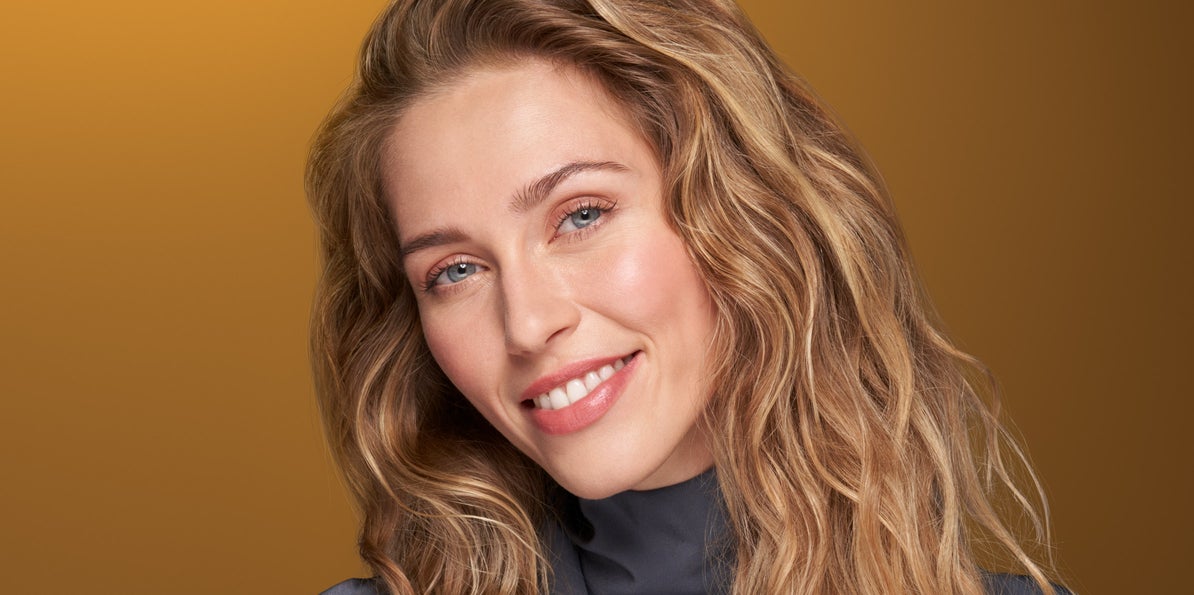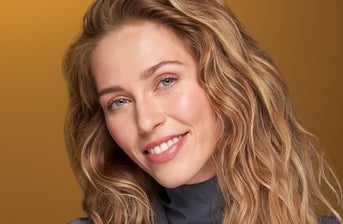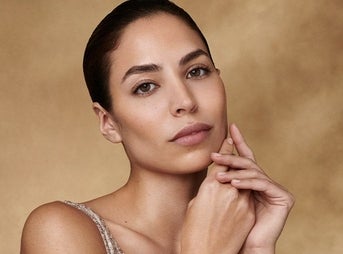Introduction to anti-wrinkle treatments
Over time, changes to the skin’s underlying structure can result in folds and wrinkles that alter the appearance of the face. Anti-wrinkle treatments are a type of aesthetic procedure that may be used to reduce the prominence of lines and wrinkles in the face. As with any aesthetic procedure, the decision to use anti-wrinkle treatments should be made in consultation with a qualified healthcare practitioner.

Why anti-wrinkle treatments?
The passage of time affects the quality of human skin. The appearance of glabellar lines (vertical frown lines between the eyebrows) and crow’s feet (lines around the corner of the eyes) can cause an individual’s face to look old, sad, tired or angry, regardless of how they might feel. Anti-wrinkle injectables work by relaxing targeted facial muscles, temporarily improving the appearance of moderate to severe wrinkles formed by repeated facial expressions.
TREATMENT AREAS
Anti-wrinkle treatments may be used to reduce the appearance of moderate to severe frown lines (glabellar lines) and crow’s feet (lines around the corner of the eyes). Your healthcare practitioner can provide you with more information on the most suitable treatment areas.

TREATMENT AREAS

Anti-wrinkle treatments may be used to reduce the appearance of moderate to severe frown lines (glabellar lines) and crow’s feet (lines around the corner of the eyes). Your healthcare practitioner can provide you with more information on the most suitable treatment areas.

The treatment
During a typical treatment, a practitioner administers a number of very small injections into targeted muscles in the patient’s face. These muscles then relax, and the overlying lines and wrinkles soften. Once the treatment has been completed, it typically takes a few days for the results to become visible. The exact length of time taken can vary slightly from brand to brand and from individual to individual.
The duration of effect for anti-wrinkle injectables can also vary according to the product used and the individual involved. However, effects may last for up to five months.
As with all medicines, anti-wrinkle injectables can cause side effects. Your healthcare practitioner should inform you of these potential risks, as well as any side effects and contraindications prior to treatment. You should also ask to see the Patient Information leaflet provided to practitioners. Please note that the information on this website does not in any way replace the professional advice of the treating healthcare practitioner.
Anti-wrinkle treatments are prescription-only medicines which must be administered by qualified healthcare practitioners only.

The science behind
Anti-wrinkle injectables contain a protein with the ability to block the release of a neurotransmitter called acetylcholine from nerve endings within the body. When this protein is injected into targeted muscles in the face, it prevents them from contracting, helping to remove wrinkles formed by repeated facial expressions, such as frown lines and crow’s feet.
The protein used in aesthetic injections produces a local effect in the muscles being treated. Only a qualified healthcare practitioner should administer anti-wrinkle treatments for aesthetic purposes.
Anti-wrinkle treatments are used to reduce the appearance of moderate to severe wrinkles in the upper face. The below gallery shows examples of how patients appeared before and after treatment with anti-wrinkle treatments.
Before & After
























- Anti-wrinkle treatments: frown lines and crow's feet;
- Dermal fillers: under eyes, cheeks, smile lines and lips.
- Individual results may vary.


- Anti-wrinkle treatments: frown and smile lines;
- Dermal fillers: cheeks and smile lines.
- Individual results may vary.


- Anti-wrinkle treatments: frown and smile lines;
- Dermal fillers: cheeks, smile lines and lips.
- Individual results may vary.


- Anti-wrinkle treatments: frown lines and crow's feet.
- Individual results may vary.


- Anti-wrinkle treatments: frown lines and crow's feet.
- Individual results may vary.


- Anti-wrinkle treatments: frown lines.
- Individual results may vary.


- Anti-wrinkle treatments: frown lines;
- Dermal fillers: under eyes, cheekbones, cheeks and smile lines.
- Individual results may vary.


- Anti-wrinkle treatments: frown lines and crow's feet;
- Dermal fillers: cheeks, smile lines, lips and chin.
- Individual results may vary.


- Anti-wrinkle treatments: frown lines and crow's feet;
- Dermal fillers: cheeks, smile lines, lips and chin.
- Individual results may vary.


- Anti-wrinkle treatments: frown lines and crow’s feet;
- Dermal fillers: cheeks and smile lines.
- Individual results may vary.


- Anti-wrinkle treatments: frown lines.
- Individual results may vary.
FAQs
How long will the effects last?
The effects may last up to 5 months. It is important to note that results may vary depending on the product used, the area treated and the characteristics of the individual. Speak with your healthcare practitioner to discuss when to consider scheduling your next treatment.
What happens if I decide to discontinue treatment?
If you decide to discontinue treatment, muscle activity in your face will gradually return to normal, and your wrinkles will slowly reappear. Your wrinkles will not be worse than your pre-treatment state.
What are the possible side effects?
As with any cosmetic medical treatment, side effects can occur. These may include headache, pain, bruising, swelling, itchiness, a feeling of pins and needles or redness at the injection site. Muscle weakness such as drooping eyelids or eyebrows, swelling of the eyelids and changes in vision may also occur. Potential serious side effects should be discussed with your treating practitioner prior to treatment. If you experience any unwanted side effects, you should consult your healthcare practitioner.
Skin insights
Other treatment options
Aesthetic science provides a range of potential treatments to help individuals address concerns such as skin ageing and facial imbalances, and to create unique looks. A wide selection of dermal fillers allow aesthetic practitioners to refine facial features and to fill lines and wrinkles. Meanwhile anti-wrinkle injections, skin hydration boosters and collagen stimulators may be used to address the signs of skin and facial ageing.
The decision to use any aesthetic treatment should be made in consultation with a registered healthcare practitioner.

REFINE
Dermal fillers may be used to refine facial features by lifting and shaping contours, filling lines and wrinkles, and creating volume.

REFRESH
Skin hydration boosters may be used to refresh the skin from within, increasing skin hydration, improving elasticity, and reducing fine lines.


